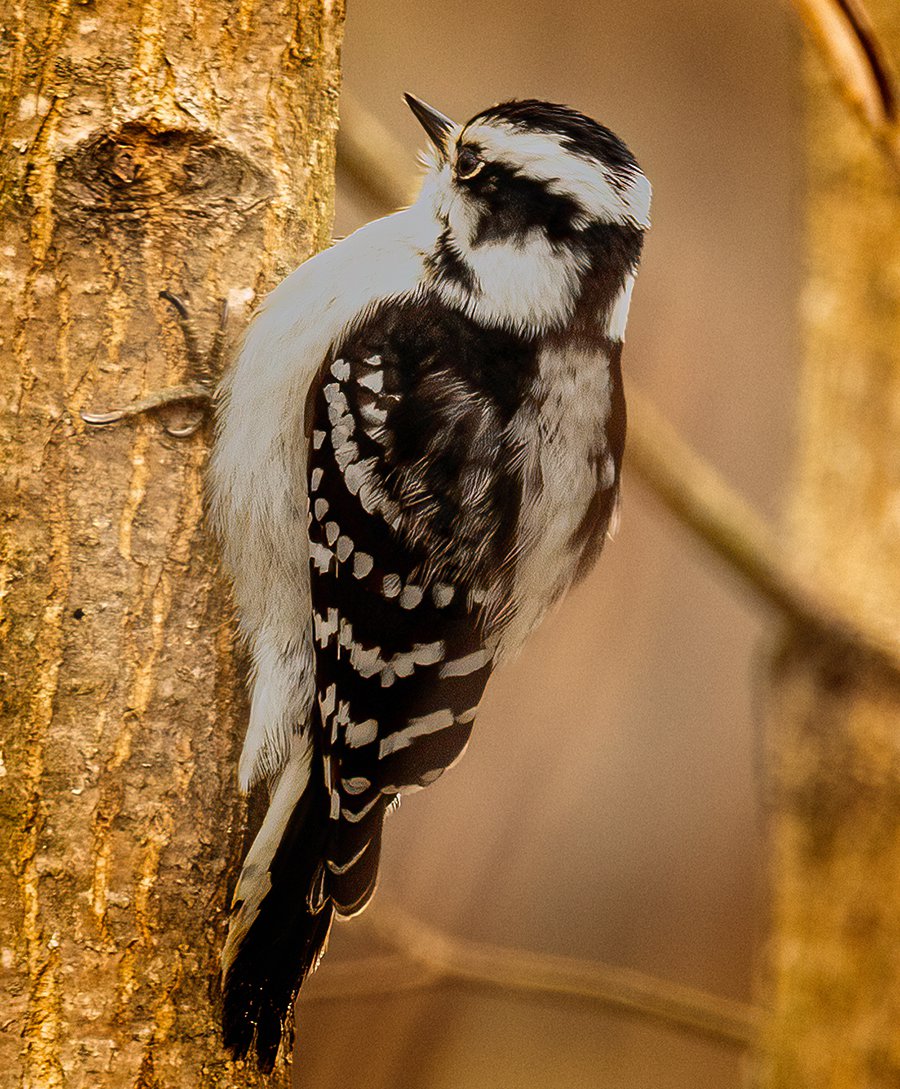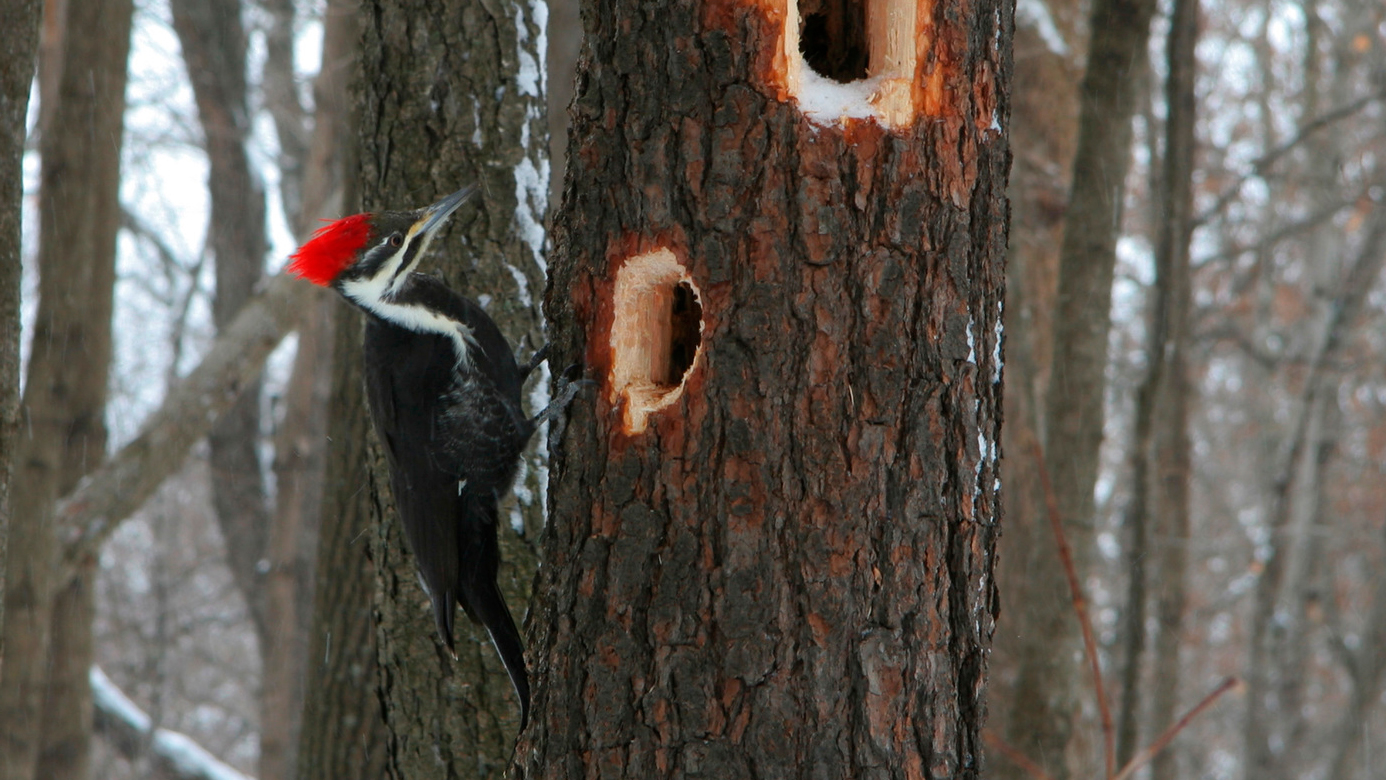Checking Out Woodpeckers in Florida Habitats: Where to Spot These Birds
Checking Out Woodpeckers in Florida Habitats: Where to Spot These Birds
Blog Article
Discover the Fascinating Globe of Woodpeckers: Whatever You Required to Know
The globe of woodpeckers is a world filled up with one-of-a-kind habits, elaborate adaptations, and a varied selection of varieties. From their habitats and circulation patterns to their feeding habits and specialized anatomical features, woodpeckers have actually long astounded the interest of ornithologists and nature lovers alike.
Woodpecker Habitats and Distribution
In North America, for example, woodpeckers can be identified in both coniferous and deciduous forests, utilizing their strong beaks to forage for insects and produce nesting tooth cavities in trees. In Africa, specific woodpecker species have actually adapted to dry environments, such as the acacia woodlands, where they play a crucial role in regulating insect populaces.

Feeding Behaviors and Diet Plan
Among the numerous elements of their actions, woodpeckers exhibit distinct feeding habits and nutritional preferences. These birds are mainly insectivores, with a diet plan that includes ants, beetles, caterpillars, and various other bugs discovered in trees. Woodpeckers use their strong beaks to drill into the bark of trees, penetrating for pests and larvae concealed beneath the surface. In enhancement to bugs, woodpeckers additionally take in nuts, seeds, fruits, and sap. Some varieties have actually specialized tongues with barbed suggestions that help them draw out pests from crevices in timber.
Woodpeckers are known for their drumming habits, which offers not only to connect with various other woodpeckers yet additionally to situate food. The fast drumming sound is produced by the bird pecking on powerful surface areas like dead trees or steel posts. This behavior can attract pests hidden in the timber, enabling the woodpecker to detect their existence and feed on them.
Distinct Adaptations for Tree Climbing
In their skilled quest of pests concealed within tree bark, woodpeckers have developed amazing physiological attributes that outfit them with special adjustments for efficient tree climbing. Among the key adjustments is their zygodactyl feet, with click this link two toes directing forward and 2 aiming backwards, offering a solid grasp on tree trunks. This customized foot plan allows woodpeckers to hold on to upright surfaces easily, allowing them to go up and down trees with dexterity. Additionally, woodpeckers have tight tail feathers that serve as an encouraging prop while they climb up, helping in balance and stability. Their solid, chisel-like beaks are not only utilized for drilling into wood but also for gripping onto bark as they rise tree trunks. Woodpeckers have solid neck muscular tissues and a distinct head structure that absorb the impact of continuous pecking, enabling them to climb up and down without triggering harm to their minds. These adaptations this page display the amazing transformative design that makes it possible for woodpeckers to navigate trees with precision and effectiveness.
Diverse Woodpecker Types Worldwide
With over 200 different types spread out throughout numerous habitats worldwide, the family of Picidae includes an impressive diversity of woodpeckers. These birds can be discovered in woodlands, woodlands, savannas, and even city locations, showcasing their flexibility to different settings. From the famous Northern Flicker in North America to the colorful and elusive Crimson-backed Flameback in Asia, each woodpecker varieties exhibits unique characteristics in terms of plumage, actions, and habitat choice.
Woodpeckers differ considerably in dimension, with the diminutive Downy Woodpecker gauging around 6-7 inches in length, while the powerful Lineated Woodpecker can rise to 17 inches - Woodpeckers in Florida. Their beaks likewise come in various sizes and shapes, showing their feeding routines. Some types focus on extracting pests from tree bark, like the Acorn Woodpecker, while others, such as the Black-cheeked Woodpecker, eat fruits and seeds

Preservation Efforts and Obstacles
Conservation initiatives for woodpecker populations are important in minimizing the impact of environment loss and other dangers facing these diverse avian varieties. Woodpeckers face various obstacles to their survival, largely due to deforestation, urbanization, climate modification, and intrusive types. To address these problems, preservation initiatives concentrate on protecting and restoring woodpecker environments, implementing lasting forestry methods, look at more info and elevating understanding about the value of these birds in ecosystems.
One significant difficulty in woodpecker preservation is the fragmentation of their habitats, bring about separated populaces that are more at risk to termination - Woodpeckers in Florida. Conservationists work to produce wild animals passages and shielded areas that attach these fragmented environments, allowing woodpeckers to move between various locations for feeding, breeding, and shelter

Final Thought
In conclusion, woodpeckers are fascinating birds with distinct adjustments for tree climbing and feeding actions. They can be found in varied habitats worldwide, encountering preservation difficulties because of habitat loss and human tasks. Understanding their habitats, diet plans, and habits is vital for preservation efforts to shield these vital bird species. Further study and conservation activities are needed to make sure the survival of woodpeckers in the wild.
Report this page